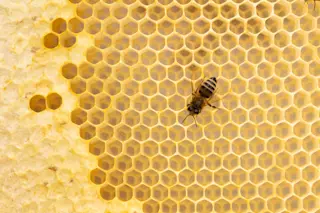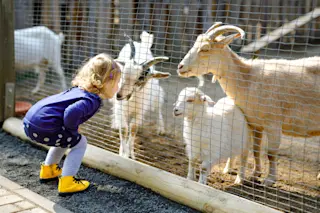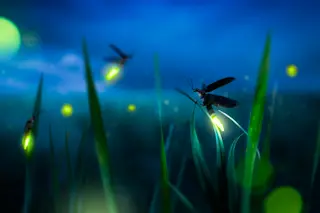When Colony Collapse Disorder (CCD) occurred around 2006 and entire colonies of honeybees died, experts and the public alike were justifiably alarmed. The campaign to "save the honeybees" somehow got entangled in our minds with "save the pollinators" and "save the planet."
It was a misunderstanding. Yes, beekeepers are still struggling, and healthy honeybees are important, especially for commercial agriculture. But honeybees are not endangered. In fact, there are more honeybees on the planet now than there ever have been. And that, is because we manage them, says Scott Hoffman Black, executive director of the Xerces Society, an international nonprofit focused on invertebrate conservation.
Colonists brought the European honeybee, Apis mellifera, to North America around 1622, primarily as a source of sugar. Honeybees, which some Native Americans called "white man’s flies,” quickly spread westward. For the first several centuries, honeybees were used mostly for honey. But in the middle of ...















